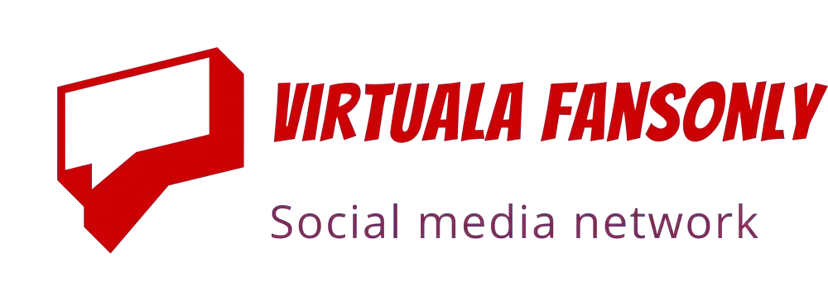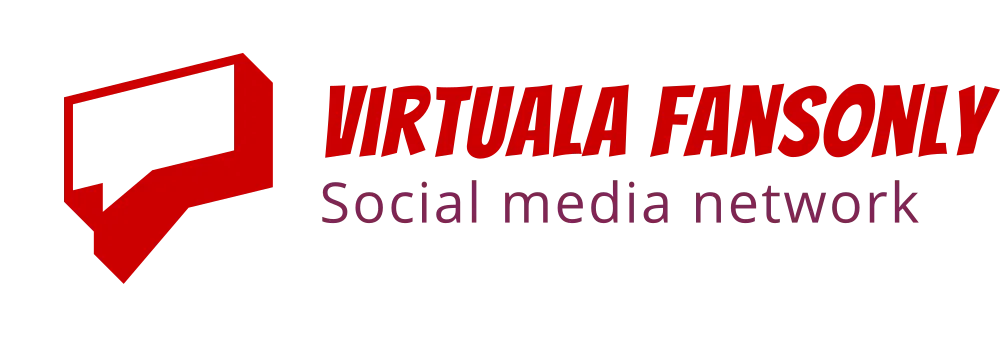Creating a Reliable Operational Backbone for Therapy Clinics with Remote Role Clarity

The Reality: Clinical Excellence Needs Administrative Support
Running a successful therapy practice requires more than great therapists. It demands smooth systems that ensure patients are properly onboarded, sessions are pre-authorized, and care is delivered without disruption. When administrative workflows are unclear or unmanaged, even the best clinicians struggle to maintain efficiency.
The solution lies in a dual-role remote staffing model. One remote professional handles everything related to patient va authorization and intake. The other ensures that sessions are compliant with payer requirements and properly documented. This division creates a well-oiled system that supports both client engagement and clinic revenue.
Guiding Patients Through a Smooth Intake Experience
The intake process is where many therapy clinics lose patients. Delayed responses, missing instructions, and complex forms often confuse individuals seeking help. These issues are particularly problematic for those with language challenges or limited digital literacy.
Assigning a remote team member to intake solves this. This professional takes ownership of patient communication from the first inquiry to the first appointment. They offer help with form completion, follow up with clients who pause during the process, and answer questions along the way. Personalized, multilingual communication helps ensure that patients feel welcomed and empowered.
The result is stronger first impressions, fewer no-shows, and better attendance.
Confirming Authorization Before Services Are Delivered
Providing care without confirming financial readiness is one of the biggest risks therapy practices face. Insurance plans often require pre-approval and specific documentation to cover sessions. If clinics skip this step or do it last-minute, they risk delivering care that won’t be reimbursed.
This is where the second remote role comes into play. This person verifies the patient’s insurance, checks requirements, obtains authorization, submits forms, and ensures that the clinical notes support the payer’s criteria. They coordinate with the therapist to gather the correct documentation and follow up on outstanding issues.
As a result, sessions are authorized, properly recorded, and financially secure.
Systems That Scale with Your Clinic
Whether a practice has one therapist or a team of 20, separating intake and compliance into two defined roles helps streamline workflow. It also makes onboarding new team members easier, since the responsibilities are already divided and repeatable.
Key benefits of this model include:
-
Better communication and guidance for clients
-
Reliable verification before sessions occur
-
Reduced claim denials due to submission errors
-
Higher therapist satisfaction and less admin fatigue
-
A scalable framework for teletherapy and multi-location clinics
This system creates consistency in care delivery, financial operations, and patient engagement.
Conclusion
Therapy clinics that want to thrive must spanish virtual assistant beyond ad hoc admin processes. With clearly defined remote roles—one focused on the client journey and another on financial compliance—clinics become more efficient, resilient, and ready to grow. This operational structure not only helps practices run better—it helps them deliver care that truly makes a difference.





- Secret Key on-line
- Causes
- Crafts
- Dance
- Drinks
- Film
- Fitness
- Food
- Jogos
- Gardening
- Health
- Início
- Literature
- Music
- Networking
- Outro
- Party
- Religion
- Shopping
- Sports
- Theater
- Wellness
- Art
- Life
- Coding




